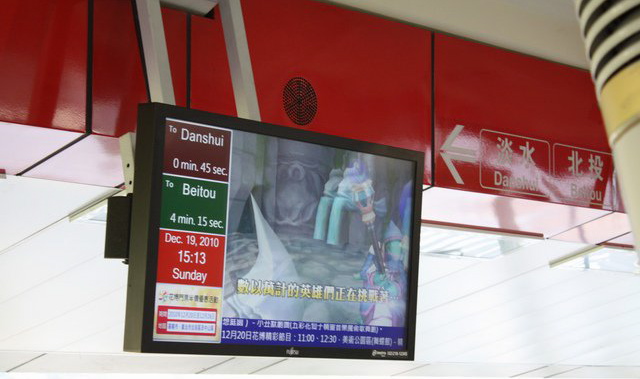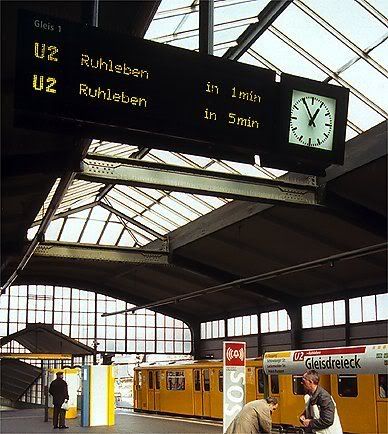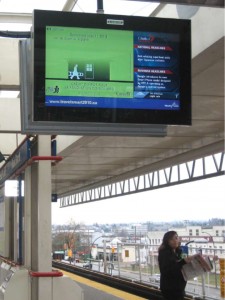For the airline industry, maintenance is the single most important task to be performed with care and precision. In Curtis’ blog about Southwest Airlines, it seems like Southwest is not taking enough precautions before letting their planes fly, or the company is just simply trying to cover up the incident with “internal confusion”.
As we have seen many times before, poor maintenance is the number one cause for fatal flight accidents, including metal fatigue, missing/damaged parts…etc. If an aircraft does not go through rigorous tests EVERY TIME before they fly, it is risking hundreds of lives. Southwest seems to be more concerned with profit before the incident and public relations after rather than examine what went wrong.
Safety should always be the top priority when comes to air travel, and poor maintenance is the number one cause of fatal accidents. In order to prevent tragedy such as China Airlines 611 in the future, transportation authorities and the airline itself really needs to treat this issue seriously, and cannot leave it “up in the air”.
If anyone is interested to gain further knowledge on aircraft safety, I recommend checking out the TV series Mayday (sometimes called Air Crash Investigation), which provide comprehensive reports on a number of accidents.
https://www.youtube.com/watch?v=-t_15aSSLzY










